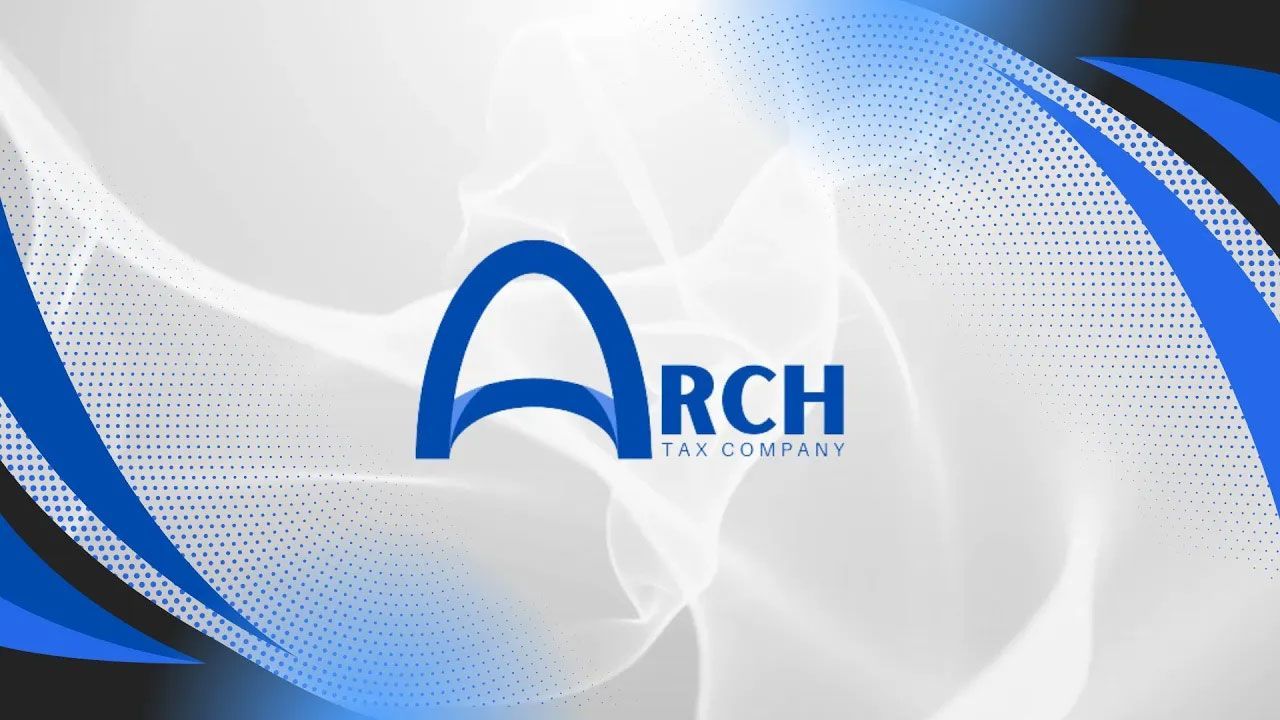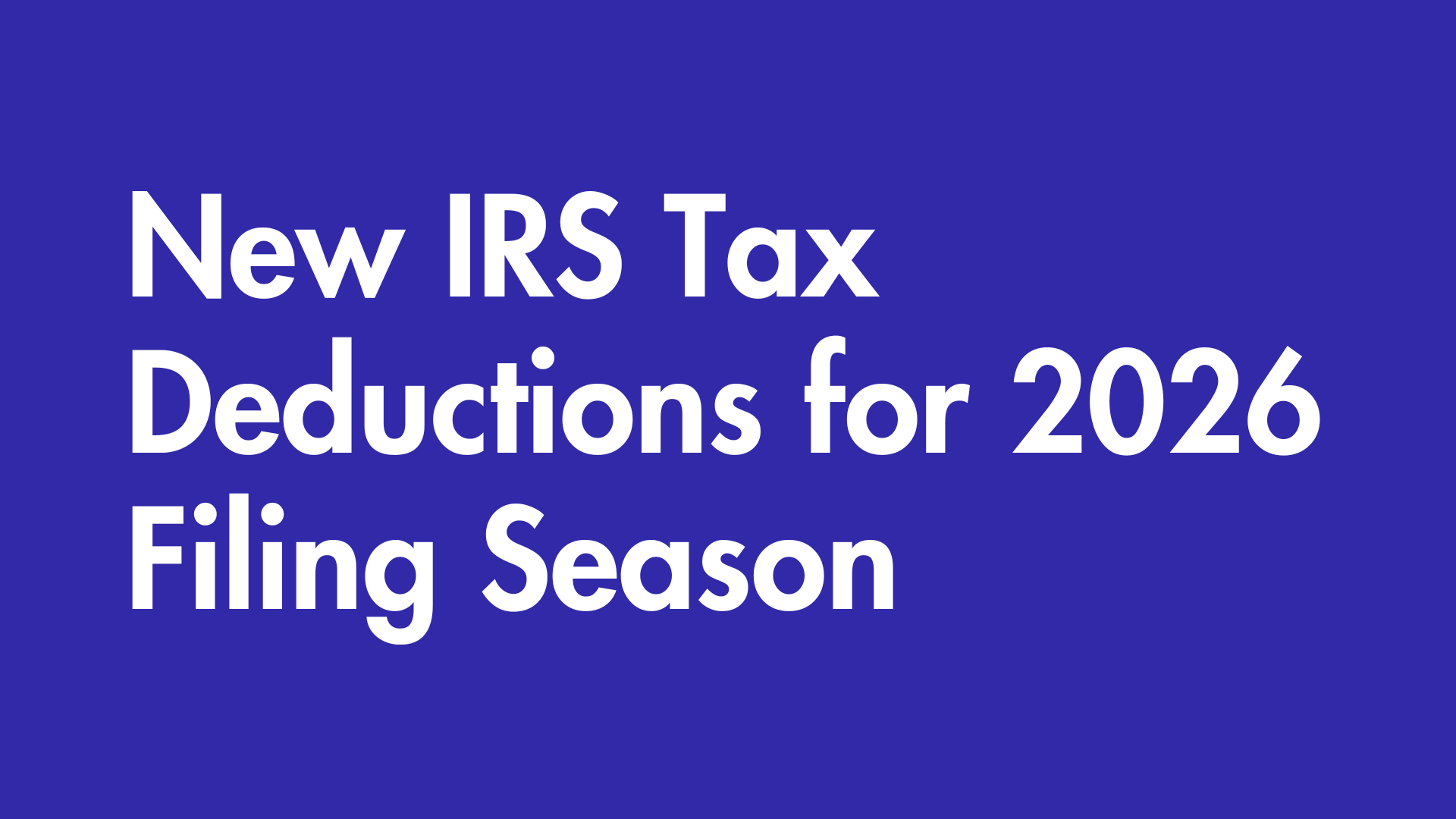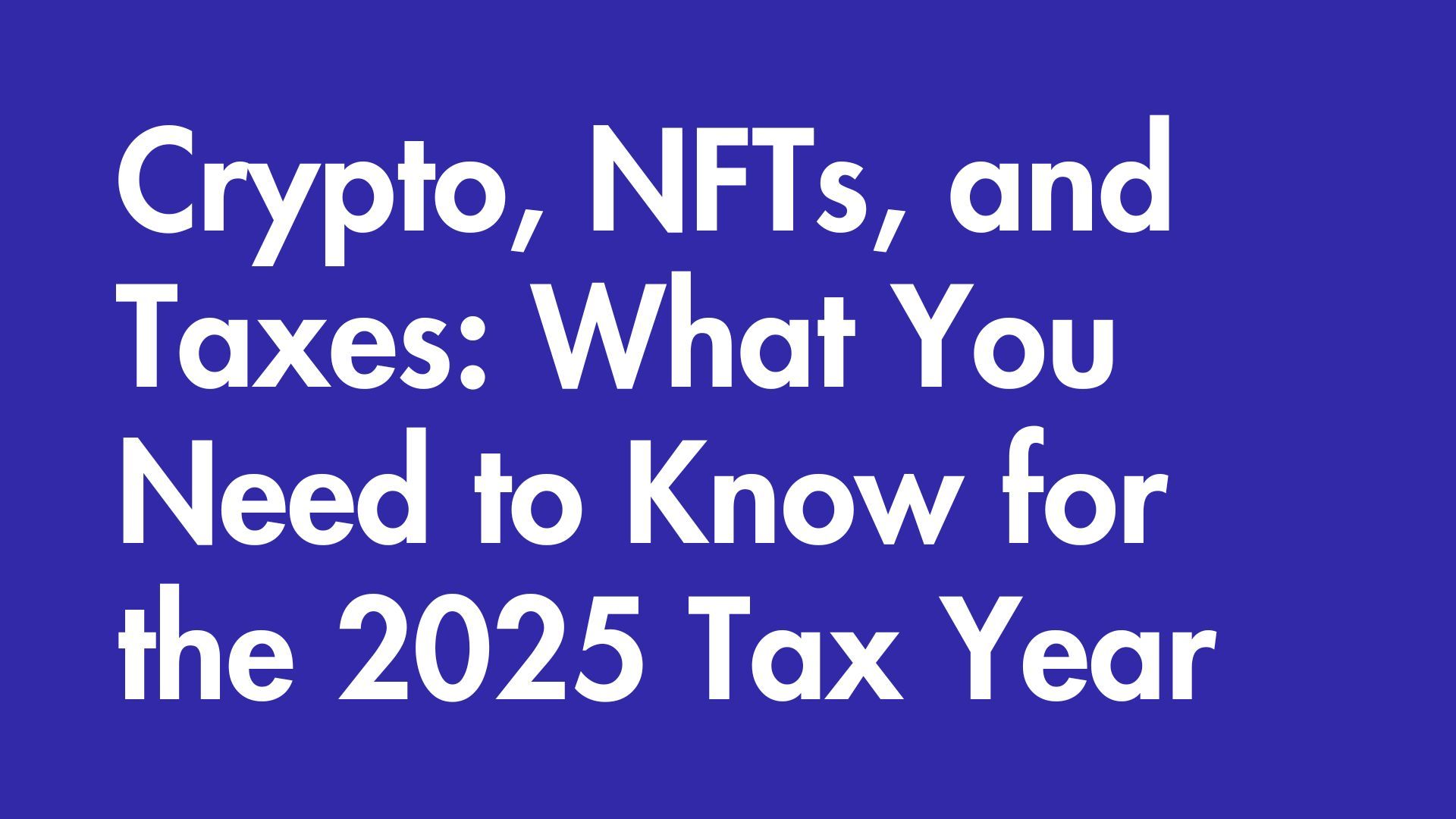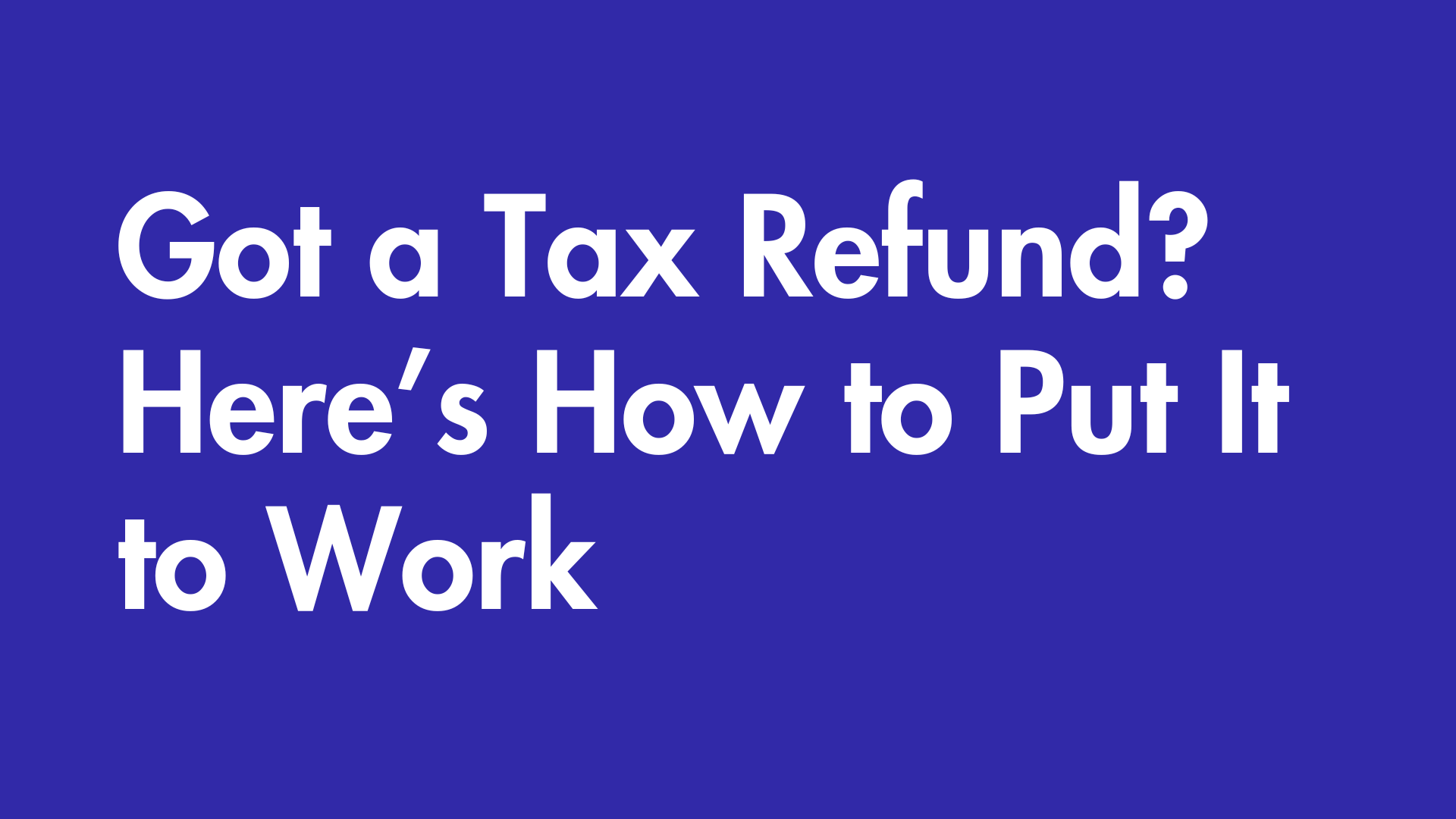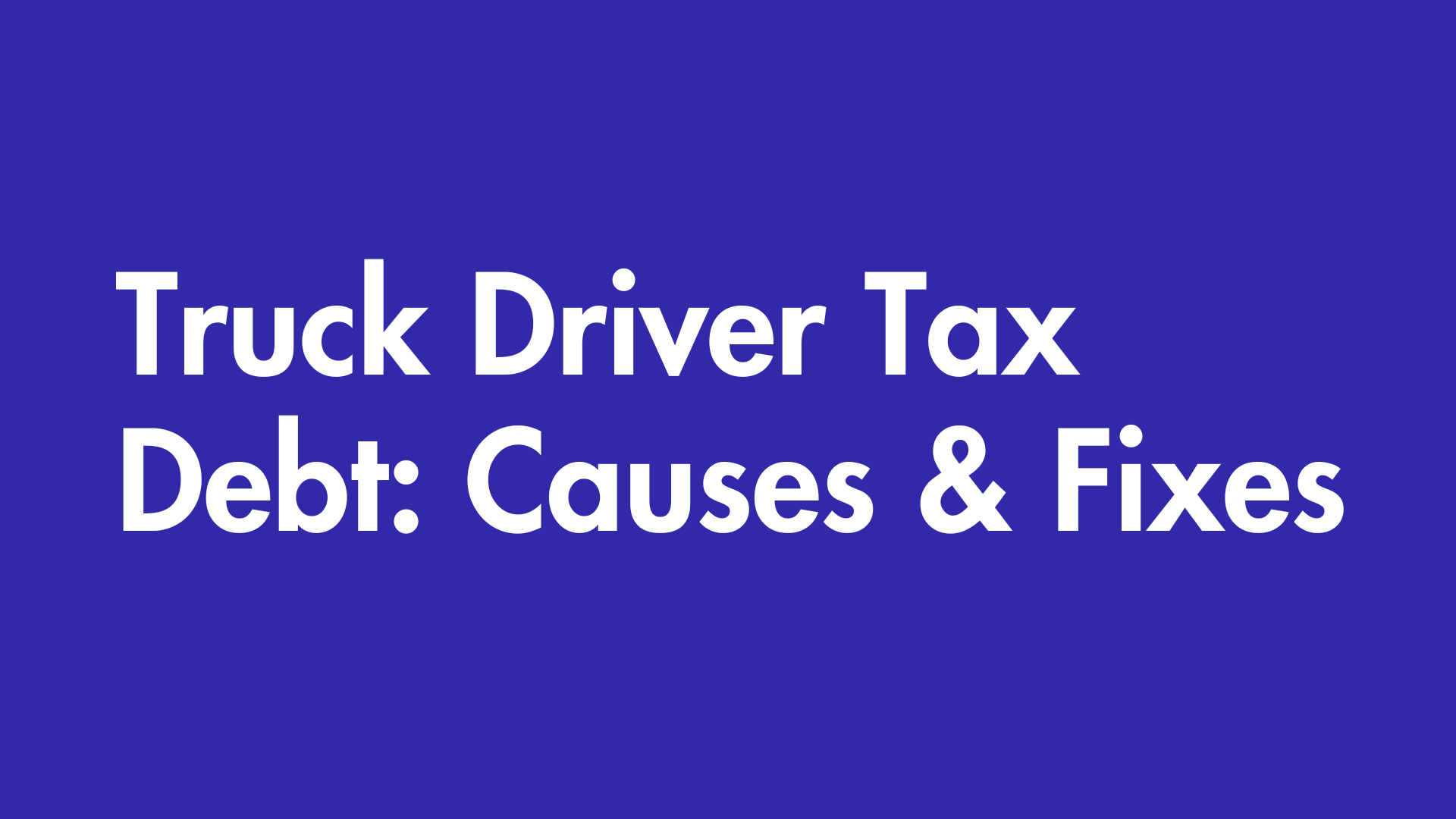The One Big Beautiful Bill Act
New 2025 Tax Deductions for Workers, Drivers, and Retirees
On July 4, 2025, the “One Big Beautiful Bill Act” (Public Law 119-21) was signed into law—and it’s delivering some major tax benefits to everyday Americans. Whether you earn tips, work overtime, just bought a car, or are over 65, this law has something for you. Here’s a breakdown of the four big deductions now available for tax years 2025 through 2028.
1. “No Tax on Tips” Deduction – Up to $25,000
If you work in a tipped profession—like hospitality or personal services—you may now deduct up to $25,000 in qualified tips received each year.
Who qualifies:
- Employees and self-employed individuals in industries that
regularly receive tips (to be listed by the IRS).
- Tips must be reported on a
W-2, 1099, or IRS Form 4137.
- Deduction is available even if you don’t itemize.
Key restrictions:
- Phase-out begins at $150,000 AGI ($300,000 for joint filers).
- SSTB (Specified Service Trade or Business) owners and employees
do not qualify.
- Must include your
SSN and file
jointly if married.
IRS will release an official list of qualifying tip-based occupations by October 2, 2025.
2. “No Tax on Overtime” Deduction – Up to $12,500 ($25,000 Joint)
Working overtime just got more rewarding. You can now deduct the “extra pay” portion of your time-and-a-half—the half portion over your regular rate of pay required by the Fair Labor Standards Act (FLSA).
Who qualifies:
- Any worker paid qualified overtime reported on
W-2 or 1099.
- Deduction allowed for both itemizing and standard deduction filers.
Key restrictions:
- Phase-out starts at $150,000 AGI ($300,000 joint).
- Must include
SSN and file
jointly if married.
Employers must report overtime payments to both the IRS and employees.
3. Car Loan Interest Deduction – Up to $10,000
Bought a car for personal use in 2025? You may be able to deduct up to $10,000 in interest paid on a qualifying auto loan.
What counts:
- Loan must be for a
brand new vehicle (original use must start with you).
- Car must be for
personal use only.
- Vehicle must be
assembled in the U.S., weigh under 14,000 lbs, and include a
VIN on your tax return.
- Deduction applies whether or not you itemize.
Key restrictions:
- Phase-out starts at $100,000 AGI ($200,000 joint).
- Leases do not qualify.
- Used cars do
not qualify.
4. Senior Deduction – $6,000 per Person
Taxpayers age 65 or older get a brand-new deduction of $6,000—on top of the standard senior deduction that already exists.
Who qualifies:
- Anyone age
65+ by year-end.
- Claim up to
$12,000 per couple if both spouses qualify.
- Available to
both itemizers and non-itemizers.
Key restrictions:
- Phase-out begins at $75,000 AGI ($150,000 joint).
- Must provide
SSNs for all qualifying individuals.
Final Thoughts: A Rare Taxpayer Win
The “One Big Beautiful Bill Act” offers real savings to working Americans, service industry professionals, overtime earners, vehicle buyers, and retirees. Whether you itemize or take the standard deduction, these new provisions can lower your taxable income and increase your refund potential.
Be sure to talk to a tax professional and keep good records—employers, lenders, and individuals will all be required to file reports for many of these deductions.
Need help understanding how these changes apply to your tax situation?
Contact Arch Tax for personalized guidance.

